Fashion
‘Vintage is my first love’: Isabel Marant on 30 years as a fashion ‘outsider’

Clad in a navy jumper that has seen better days and looks even greater for it, jeans and trainers, Marant is a diminutive figure next to the towering Kim Bekker, who has been at the label for more than a decade and has been artistic director since 2021. As the company has grown, Marant – who calls herself a bit “messy” and more focused on the creative side – has expanded her team significantly, with three women at the top (the brand’s CEO is Anouck Duranteau-Loeper). Although Bekker has come to embody the Isabel Marant aesthetic and DNA, she brings an outsider’s perspective. For starters, she’s from the Netherlands, meaning that like many women around the world, she’s always been fascinated by that ineffable ability of French women to look fabulous and like they just got out of bed at the same time. As with Marant herself, who shuns make-up and is the opposite of a fashion victim.
“It’s very important for me to give space and freedom to each person wearing my clothes so that they become their own person,” says Marant. “For many brands, you have to wear head to toe and [can] look like a catalogue. But that’s what I love about fashion, that you have space for many different styles, approaches and characters.”
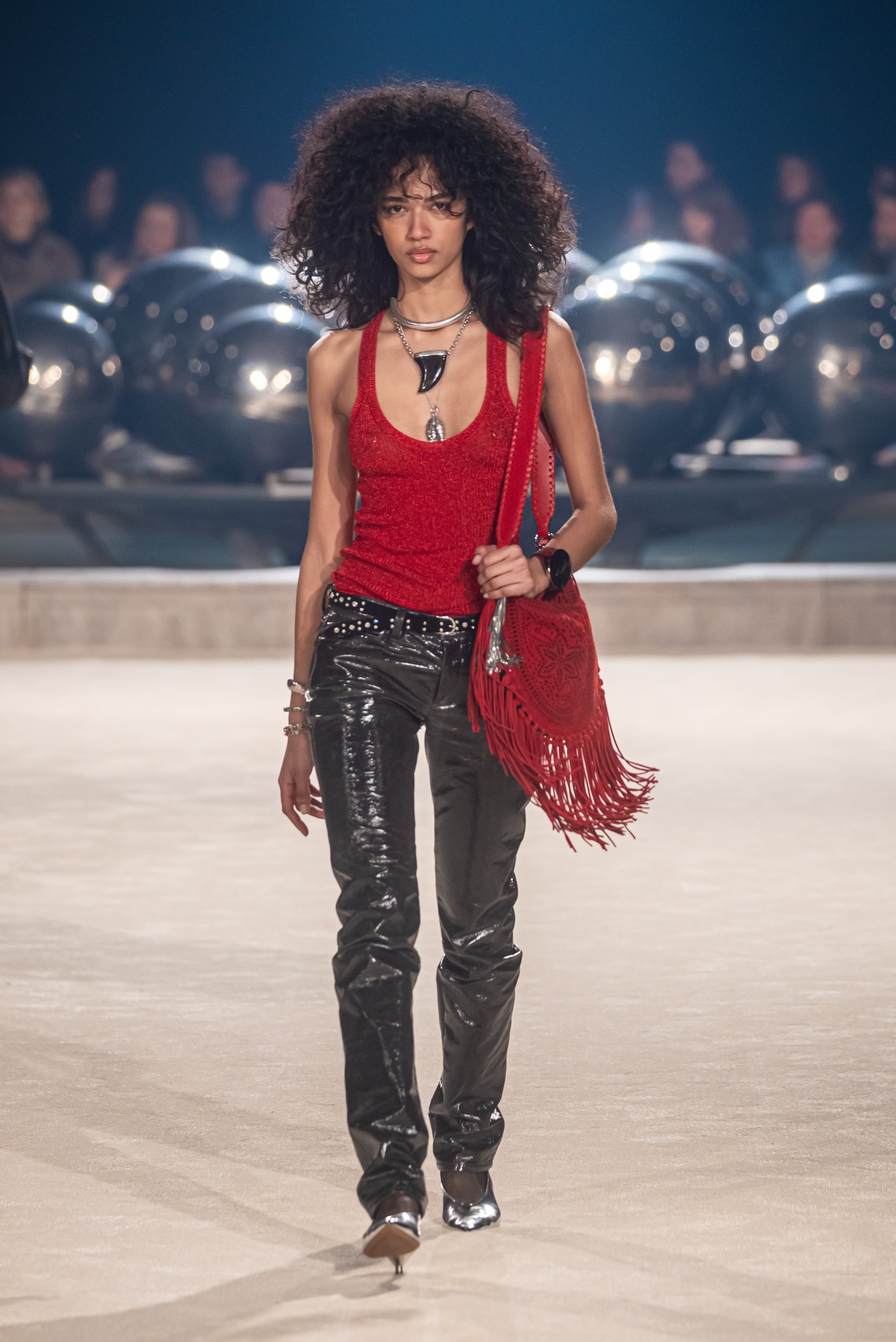
As someone who joined the brand later, Bekker relishes her role as a sounding board for Marant while also bringing her own aesthetic – not necessarily a complete reflection of the founder’s vision. Marant, for instance, is not a fan of bags (shoes are her thing), while Bekker likes to incorporate more accessories like handbags and jewellery into outfits to “complete the look”.
“Because I’m not French, I became more Parisian by working with her. When I came here for the first time, she was the ultimate cool Parisian girl and she still is, and to me that vibe is the essence of everything,” says Bekker.
“That’s so important. Everything has to be good, cool and authentic and never fake, and you can pick an item and still keep your own identity. She is so good at creating clothes that you can wear to create so many different looks, the way you wear it or twist it or tuck something in your pants.”
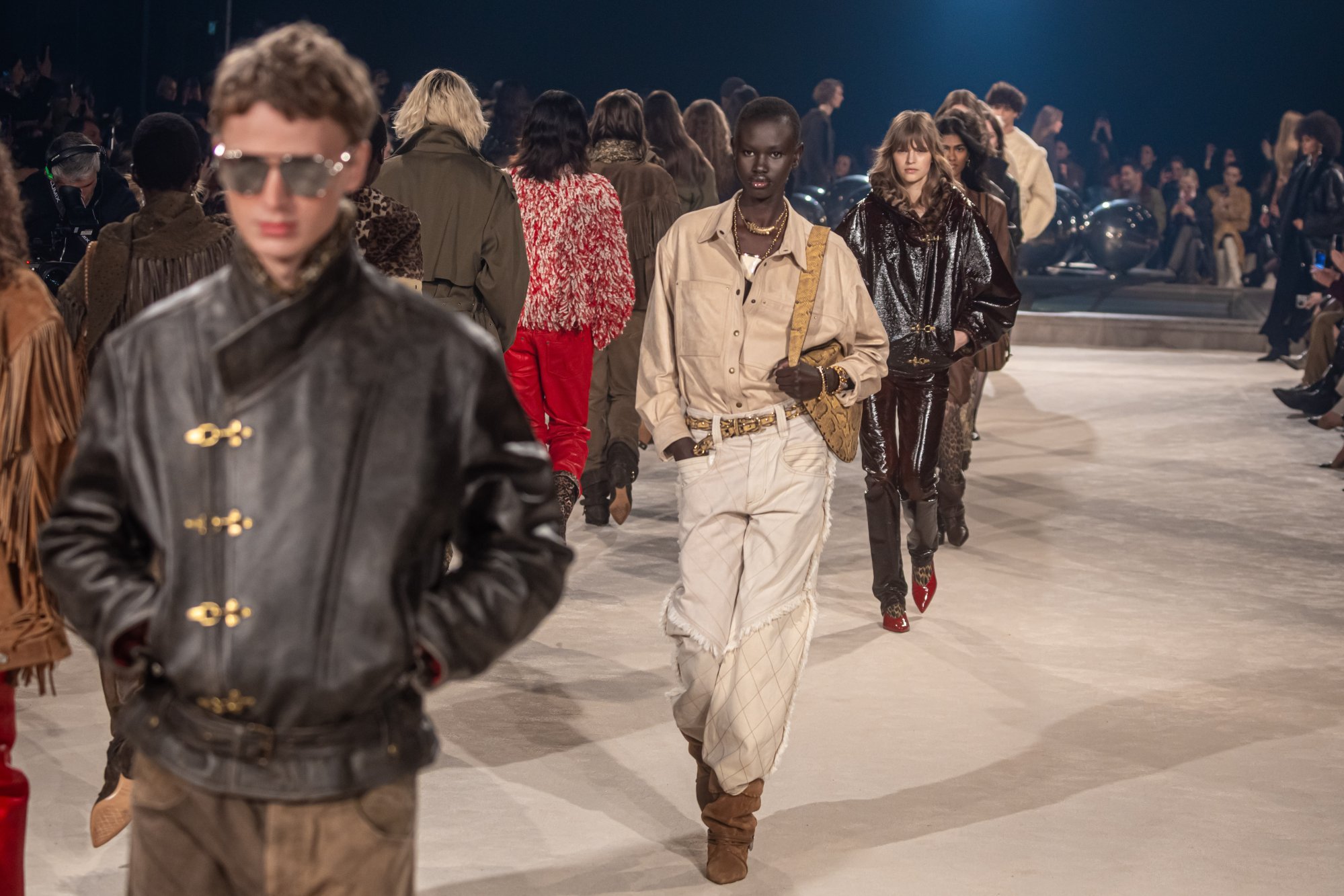
Those little touches have always been key to Marant’s success. It’s not just the clothes themselves but the way they’re put together; it’s an attitude more than an aesthetic, which is why the casting of Marant’s shows is so important. “Sometimes we don’t get the most beautiful girls, but they come in and have the right attitude for the brand, while some girls who are very beautiful sometimes don’t understand what they’re wearing,” says Marant. “You can tell when the models looking at themselves in the mirror want to leave with the clothes.”
And that they often do, or else they come already clad in Marant pieces from a decade or more back, Bekker says proudly, recalling a model who showed up to a recent casting in a vintage look from eight years ago. “That was so beautiful. Years later the product still has an attitude and its identity,” she says.
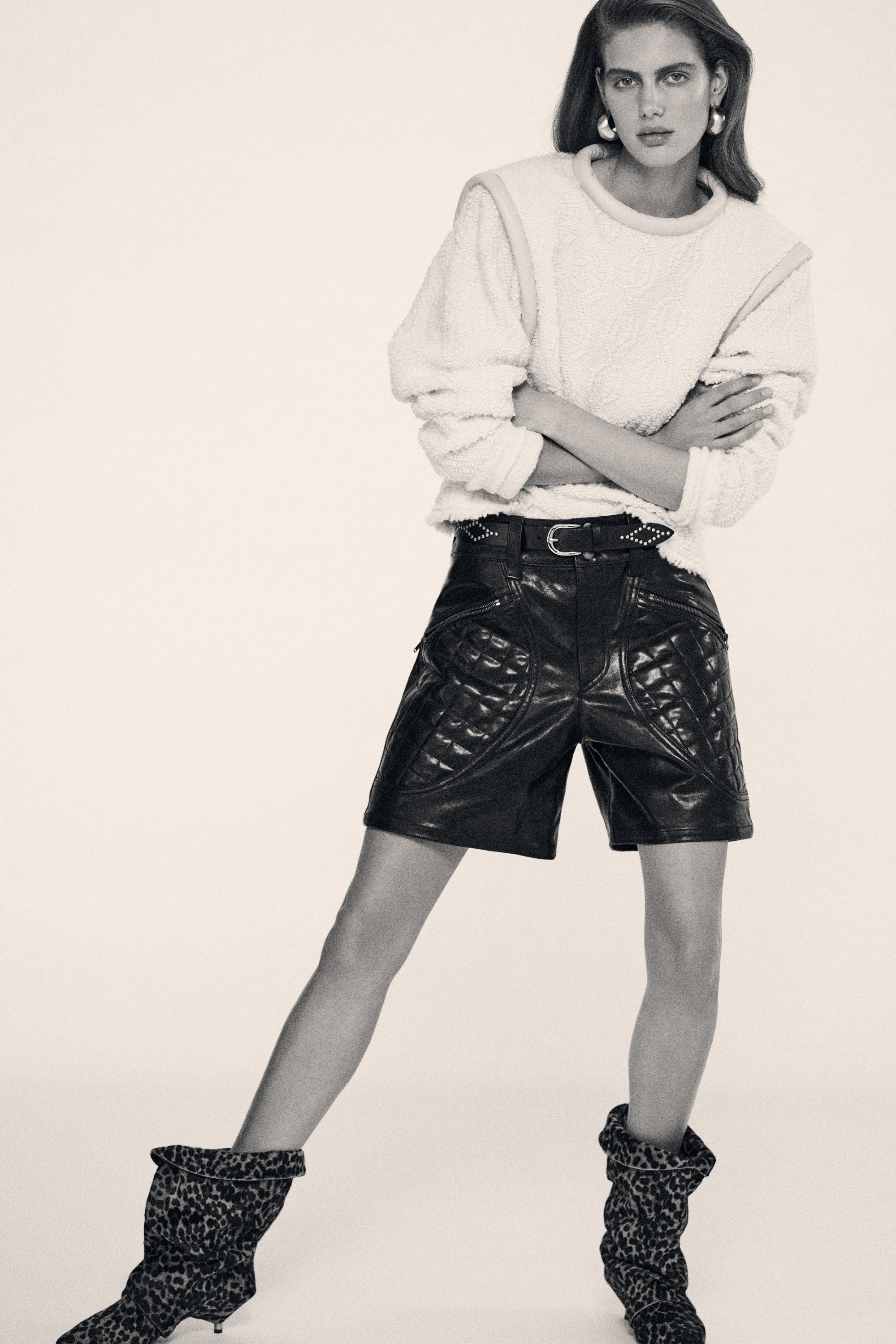
“One of the best compliments is when people tell me, ‘Oh, I have this piece I bought 20 years ago and I still love it and can’t get rid of it,” Marant concurs excitedly. “When I am asked about sustainability, I say that fashion can’t be sustainable because you produce so many things and ship them around the world – so the best way is to consume less and buy the right clothes. When I was a kid, I would break my wallet to buy something beautiful from Margiela or Comme des Garçons – and I still have them and I’m not going to throw them away.”
That’s what Marant wants to achieve with her clothes: they have to be timeless and seasonless, but still have a certain flair. You can mix a brand new item with an old one and even pieces from other brands – and look like yourself, with a touch of Parisian cool thrown in for good measure.
Marant is adamant that she doesn’t design to cater to marketing demands and won’t compromise her DNA to be all things to all people. After all, the reason women around the world wear her clothes is to get a piece of that particular Parisian insouciance – a cliché, perhaps, but if multimillion-dollar brands like Marant have been built on it, it’s one that is clearly still resonating globally. “We often disagree with the business side because when you’re so international you have to tick certain boxes, but Isabel Marant is not that way,” says Marant.
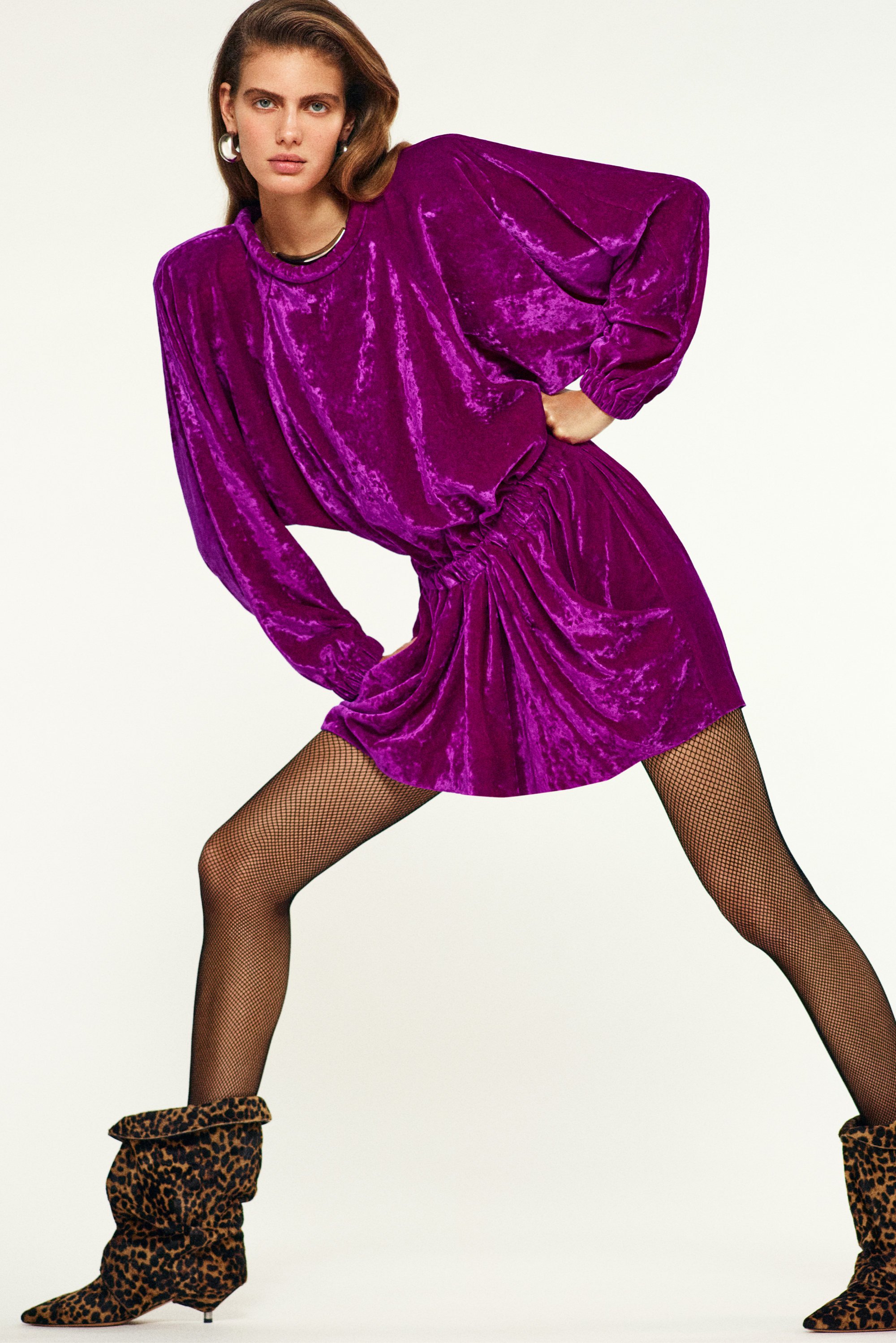
“People love our brand because they feel the truth of something that comes from our heart. My merchandising team in the past would often [recommend] things that were not aligned with me. I think customers around the world come to me to get a piece of this Parisian attitude, so why do I have to make something look more Asian or make it more pink because people somewhere like pink? I’m not sure this is right, especially for a brand like ours, because it really fits that idea of the Parisian cool girl.”
One word that you hear a lot in industry circles when talking about Isabel Marant is “respect”. “I have respect for her,” a fellow fashion editor told me during fashion week. Said editor may not be a regular at her shows and Marant’s looks are not the dreamy creations that conjure images of fashion as a rarefied, glamorous world, but there is a place for them and that place is in women’s wardrobes, which is even more rewarding to a designer than seeing their clothes in a magazine.
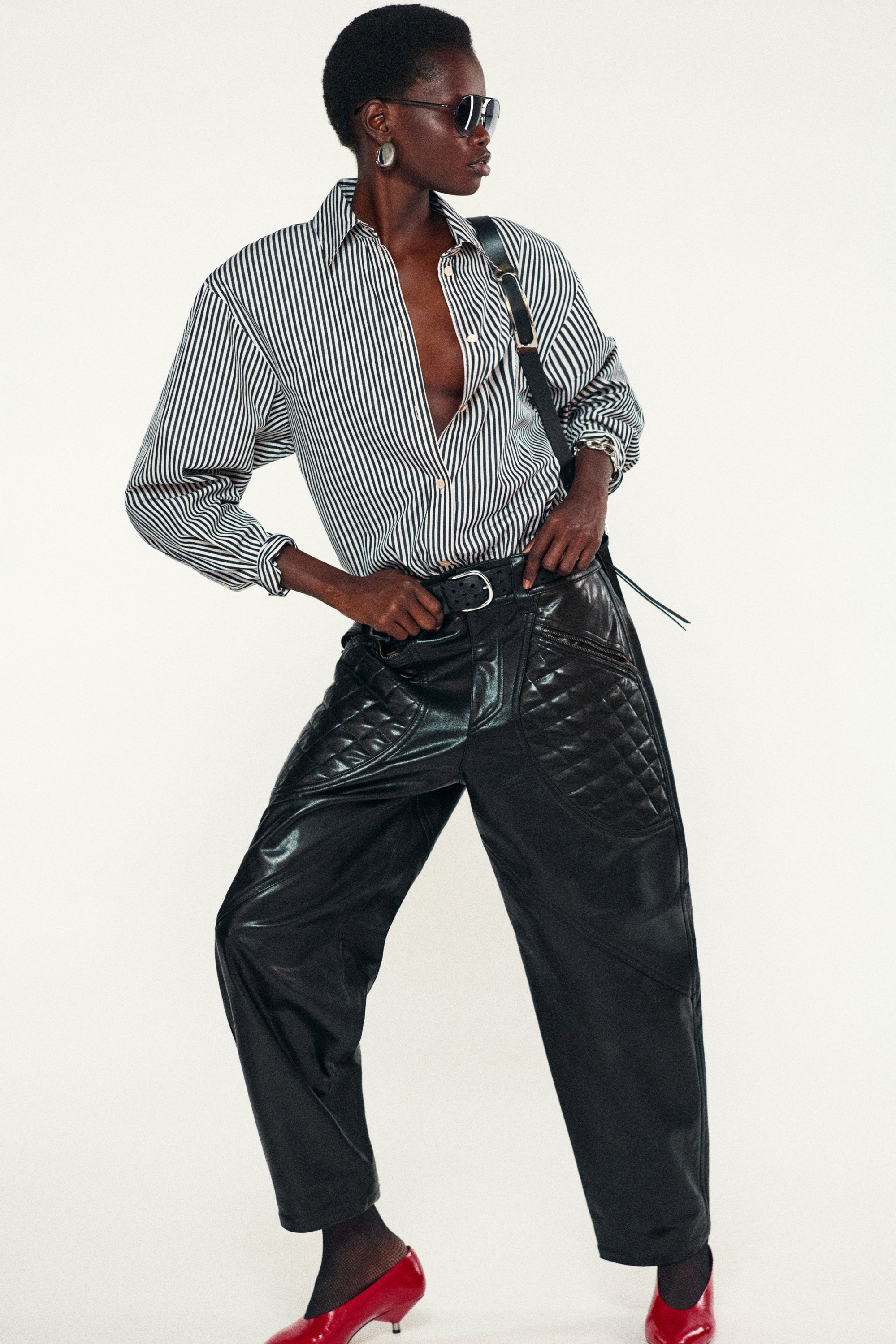
“It’s very easy,” Marant says when asked about how she’s managed to build that respect and following. “You just have to stay true to yourself and know what you love. My taste doesn’t really change, but you have to work on renewing your style. But the DNA is there since the beginning. It’s not so difficult to remain who you are.”
As she gets ready to grab lunch with Bekker before adding the final touches to the coming show, Marant lights up a cigarette – “That’s my only vice,” she says – staying resolutely true to who she is.







:max_bytes(150000):strip_icc()/roundup-writereditor-loved-deals-tout-f5de51f85de145b2b1eb99cdb7b6cb84.jpg)


